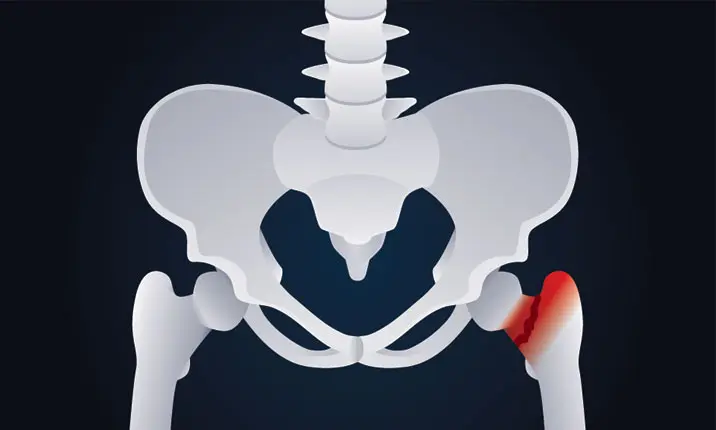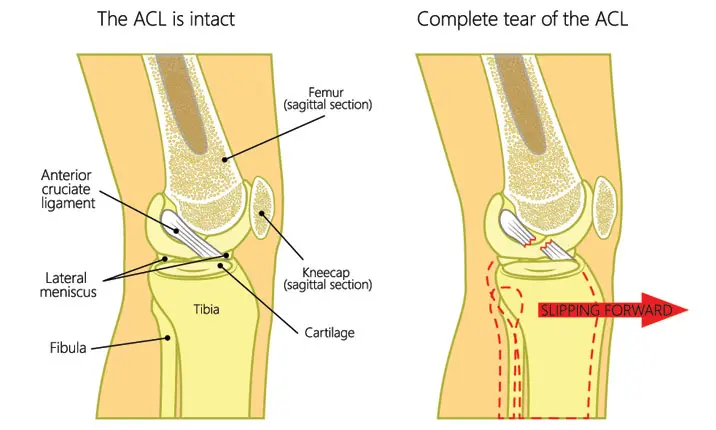Dr Lingaraj Krishna, orthopaedic surgeon at Gleneagles Hospital, shares some of the common orthopaedic conditions that may require urgent or early treatment.
Orthopaedic conditions that require immediate attention
If you sustain any of the following orthopaedic injuries, visit your nearest Urgent Care Centre (UCC) immediately.
Distal radius fracture (wrist fracture)
The distal radius is the most commonly fractured bone in the wrist and this fracture typically occurs following a fall with an outstretched arm. You will experience pain and swelling of the wrist. Mild fractures may be treated with a splint and a follow-up appointment with an orthopaedic surgeon. However, more severe deformities and open fractures will require surgical repair.
This happens when the shoulder pops out of its socket, and usually occurs with sports injuries or accidents. If you suspect that you have a shoulder dislocation, do not delay treatment and make a visit to the UCC immediately. The doctor will evaluate your injury and pop the joint back in place.
If, upon examination, the doctor suspects a fracture of the bone as well, additional imaging will be ordered. Surgery may be required in cases where there are associated fractures or when there have been recurrent dislocations.
Hip fracture
Hip fractures are common among females 65 years and over and are usually caused by a fall. Delayed treatment can lead to aggravation of the injury and further complications, so it is important to consult a doctor as soon as you can.
You will be given medication to control the pain, which you may feel in your hip, leg or groin. Imaging will be ordered so that your doctor can see the extent of the fracture to advise on the surgical treatment options.
These injuries tend to occur when doing sudden twists or turns. The knee cap pops out of its usual location in the front of the knee to the side of the knee. The symptoms include pain, swelling and deformity of the joint.
The knee cap often returns to its normal position on its own, but sometimes it may need to be carefully pushed back by the doctor at the emergency department. Seeking immediate care can help to reduce the likelihood of further joint damage, chronic pain, and recurrence of the dislocation.
Further MRI imaging may also be needed to assess the extent of the damage to the bone and cartilage. In first-time dislocations, your knee will be supported for 4 – 6 weeks with a knee brace or immobiliser.
Orthopaedic conditions that may benefit from early medical attention
These orthopaedic conditions may not require immediate medical attention, but in some cases may benefit from seeking early treatment. Dr Lingaraj Krishna discusses when early treatment is recommended, and how to manage your condition.
Osteoarthritis (wear and tear arthritis)
Painful joints caused by osteoarthritis can usually be treated with painkillers, exercises and physiotherapy. However, in some cases, the symptoms can be debilitating. If you have significant difficulty walking, standing or climbing stairs, it will be beneficial to seek early orthopaedic care.
In such cases, you may benefit from an injection of corticosteroid into your joint, and in more severe cases, surgery may be required.
Managing your condition:
- Avoid doing things that intensify the pain, such as walking and climbing stairs, or lifting items above your head if you have shoulder pain
- Take nonsteroidal anti-inflammatory drugs (NSAIDs) to control pain and swelling
- Apply ice or heat to the affected joint to reduce swelling and relieve pain
- Exercise regularly to preserve range of motion in the affected joint
Anterior cruciate ligament (ACL) Injuries in the Knee
The ACL is an important ligament that is found in the centre of the knee, and helps to maintain knee stability by preventing forward and twisting movements of the tibia (or shin bone) relative to the femur (or thigh bone). Injuries to the ACL are common. They usually occur due to twisting, non-contact injuries during sporting activities such as soccer, basketball or netball.
Some patients with isolated tears of the ACL may be treated non-surgically with a course of rehabilitation. However, patients with symptoms of recurrent knee instability, concomitant repairable meniscal tears, and individuals who are keen to return to competitive pivoting sports (such as soccer, basketball or netball) should seek early orthopaedic care and surgical treatment.
Spine Problems (Neck and back)
Most spine problems due to wear and tear can be treated with painkillers, exercises and physiotherapy. However, if your symptoms are debilitating or you have significant difficulty walking, standing or climbing stairs, you should seek early orthopaedic care.
If you develop back or neck pain that is associated with weakness and numbness in your arms and legs, or if you develop difficulty passing urine, you should seek immediate orthopaedic attention, as it may indicate damage to the nerves within the spine.
While waiting for spinal surgery, try to continue your exercise or conditioning programme at home, and take the following precautions:
- Rest as much as you can
- Avoid activities that could make your pain worse – such as bending or lifting
- Take nonsteroidal anti-inflammatory drugs and pain medication or muscle relaxants to relieve the pain
Notify your doctor immediately if you experience any weakness or numbness in your arms or legs.
Carpal tunnel syndrome refers to the compression of an important nerve in your wrist called the median nerve. It can cause pain, numbness and weakness in your hand and finger. To manage the pain, take anti-inflammatory medication and wear a wrist splint at night. If your symptoms are not alleviated, even with medication and a wrist splint, make an appointment with a hand surgeon to seek early treatment. A corticosteroid injection to the carpal tunnel or surgery to release the carpal tunnel may be required.
Ankle sprains
Ankle sprains are relatively common, and often do not warrant urgent medical attention. They can usually be treated with RICE therapy – Rest, Icing, Compression and Elevation.
However, if after twisting your ankle, you develop severe swelling and are unable to stand and walk on that ankle, you should seek treatment immediately. This is because you may have developed an ankle fracture or a severe ligament injury to the ankle. X-rays and MRI scans may be needed to further evaluate the injury. Sometimes, surgery may also be required, especially if there is a fracture.














